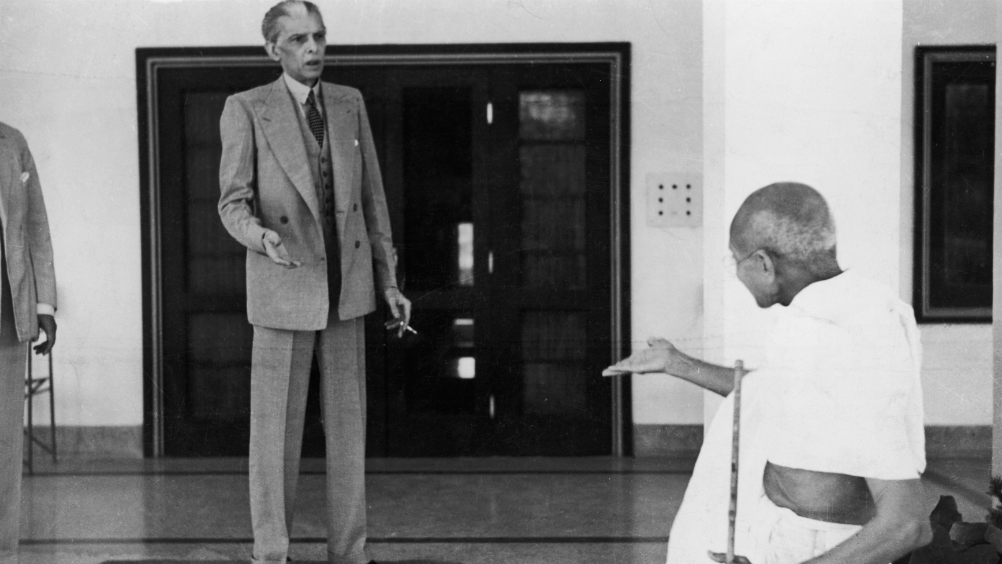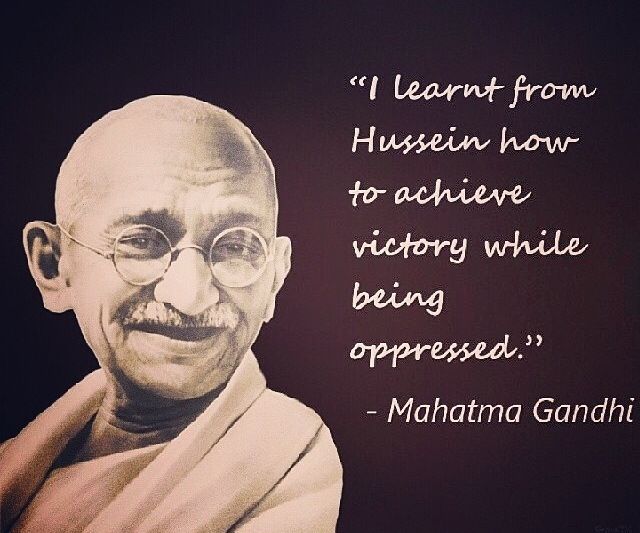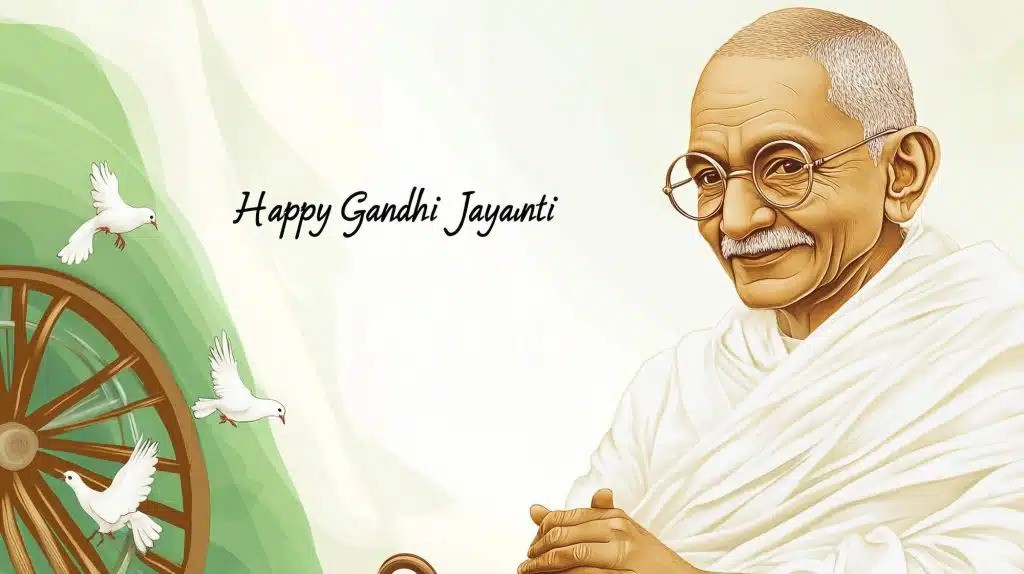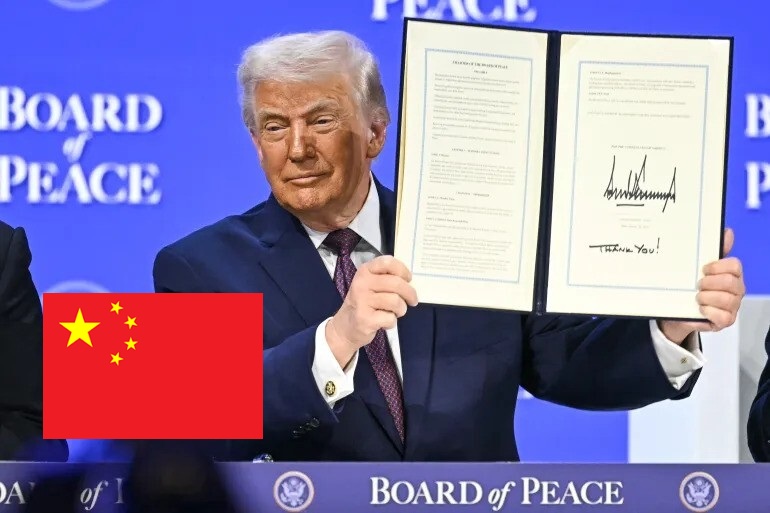Every year on October 2, the world commemorates the International Day of Non-Violence, a day dedicated to the teachings of Mahatma Gandhi and his philosophy of Ahimsa (non-violence). Declared by the United Nations General Assembly in 2007, this day not only marks Gandhi’s birthday but also serves as a global reminder that peace, tolerance, and dialogue remain the most effective tools in resolving conflicts.
For Pakistan, a country with a unique history of independence and ongoing challenges in maintaining peace internally and externally, the International Day of Non-Violence holds profound significance. It invites us to reflect upon our past, reconsider our present, and reimagine our future based on principles of tolerance, patience, and peaceful co-existence.
Historical Context of Non-Violence in South Asia

The philosophy of Ahimsa is not alien to South Asia. It is deeply rooted in the **Dharmic religions of the region—Hinduism, Buddhism, and Jainism—**all of which emphasize compassion and the avoidance of harm to living beings. Gandhi revived and politicized this concept, making non-violence a central weapon in the freedom struggle against British colonial rule.
Interestingly, Gandhi’s legacy also intersected with Pakistan’s history. Despite political disagreements, he shared a respectful relationship with Quaid-e-Azam Muhammad Ali Jinnah, the founder of Pakistan. In fact, it was Gandhi who first used the honorific title “Quaid-e-Azam” for Jinnah. Moreover, Gandhi went on a hunger strike in support of protecting Muslims and ensuring that Pakistan received its due share of resources during Partition. His assassination by a Hindu extremist in 1948, shortly after Pakistan’s birth, marked a tragic end to a life dedicated to non-violence.
This historical backdrop reminds us that the ideals of non-violence are not foreign to Pakistan’s journey; they are intertwined with its very foundation.
The Relevance of Non-Violence in Pakistan Today
Pakistan, like many nations, continues to face challenges of sectarian violence, ethnic conflicts, political polarization, and extremism. The rise of intolerance has often overshadowed the values of peaceful co-existence envisioned at independence. On the global stage, Pakistan is deeply affected by wars in its neighborhood, especially the humanitarian tragedy in Palestine, which resonates strongly with the people of Pakistan.
In this context, embracing the ethics of non-violence could serve as a guiding principle in several ways:
-
National Unity: By promoting tolerance across ethnic and sectarian divides, non-violence can strengthen Pakistan’s social fabric.
-
Political Stability: Peaceful democratic dialogue rather than violent agitation is essential for a stable political order.
-
International Image: Upholding peace and human rights would elevate Pakistan’s global standing, showcasing it as a responsible nation.
Non-Violence and Islam: A Shared Principle

While Gandhi popularized non-violence in modern politics, the concept aligns closely with the teachings of Islam. The Holy Prophet Muhammad (PBUH) emphasized peace, patience, forgiveness, and restraint. The Quran calls the killing of one innocent person equivalent to killing all of humanity. Similarly, the life and martyrdom of Hazrat Imam Hussain (RA) at Karbala represent a moral stand against oppression without resorting to aggression.
Thus, non-violence is not only an Indian or Gandhian idea but also a deeply Islamic one. For Pakistan, which was created in the name of Islam, recognizing and applying these values is both a religious and moral duty.
Global Lessons: From Gandhi to Gaza
The influence of Gandhi’s philosophy did not remain limited to India. Leaders like Martin Luther King Jr. in the United States and Nelson Mandela in South Africa drew inspiration from Gandhi’s message to fight racial injustice and apartheid through peaceful struggle.
In today’s world, where wars in several parts of world have destabilized humanity, Gandhi’s ideas are more relevant than ever. The ongoing humanitarian crisis in Gaza is a tragic example of how violence perpetuates more violence. Millions of innocent civilians continue to suffer due to blockades and military aggression.
Here, the philosophy of non-violence takes on a global dimension. Efforts such as the Global Sumud Flotilla—a coalition of peace activists from around the world sailing towards Gaza with humanitarian aid—echo Gandhi’s ideals. These unarmed activists, including participants from Pakistan, represent the living spirit of non-violence in action. They do not carry weapons but rather compassion, moral courage, and solidarity with the oppressed.
Pakistan and the Way Forward
For Pakistan, observing the International Day of Non-Violence should not remain a ceremonial act but should translate into practical measures. Some steps that could be taken include:
-
Educational Reforms: Introduce peace education in schools to promote tolerance, empathy, and non-violence among the youth.
-
Political Maturity: Encourage political leaders to settle disputes through dialogue rather than confrontation and violence.
-
Religious Harmony: Foster interfaith and intrafaith dialogue to reduce sectarian divides.
-
Support for Palestine: Continue peaceful diplomatic and humanitarian support for Palestinians while discouraging hate speech or violent expressions.
-
Civil Society Mobilization: Encourage NGOs, universities, and media to hold peace campaigns and discussions around non-violence.
Conclusion
The International Day of Non-Violence reminds us that peace is not weakness but strength, not passivity but resilience. For Pakistan, a country that has endured wars, extremism, and internal divisions, embracing Ahimsa can be the foundation of a better future.
Pakistani nation that shares the subcontinent’s history of colonial resistance and continues to grapple with political, social, and regional challenges, Gandhi’s principles of non-violence hold deep significance and offer guidance for promoting unity, justice, and peace at home and abroad.
As we reflect on the life of Mahatma Gandhi and the sacrifices of countless peace activists worldwide, we must also look within. Non-violence is not just about avoiding physical harm; it is about cultivating tolerance, compassion, and justice in our hearts, homes, politics, and policies.
In a world scarred by conflict, the message is simple yet powerful: lasting peace cannot be built on the ashes of violence—it can only be achieved through the path of non-violence.

Dr. H. Zafar is a distinguished writer and analyst associated with Press Network of Pakistan as Associate Editor. With a strong academic background and years of research experience, she brings depth, clarity, and analytical rigor to her writings.



